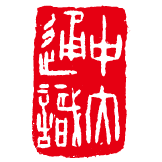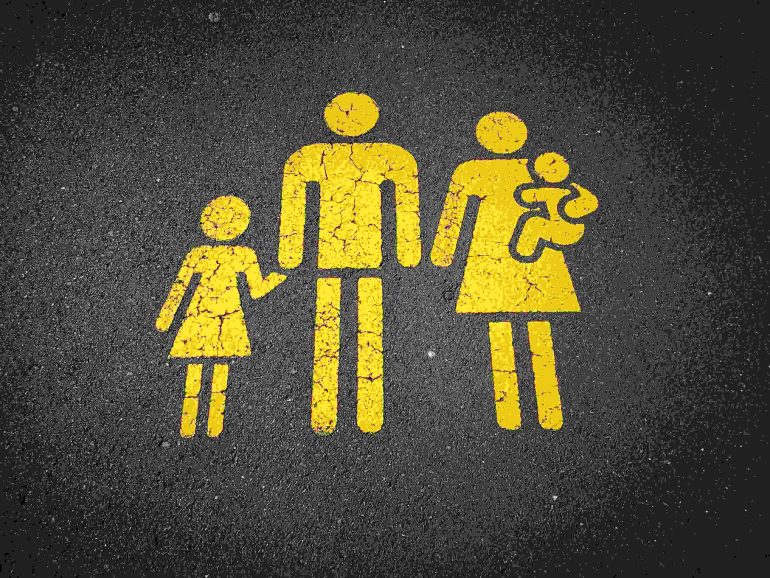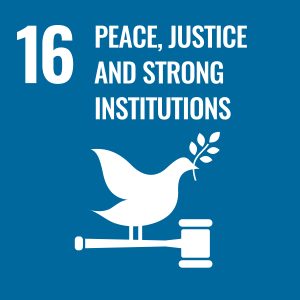UGEC3224 Family and Society
Time
Lecture: Thursdays 03:30 p.m. - 05:15 p.m.
Tutorial: Thursdays 05:30 p.m. - 06:15 p.m.
Instructor
Professor TAM Siu Mi Maria
Medium of Instruction
English
Course Description
(UGEC3224 is double-coded with GDRS3009.)
This course examines issues revolving the family as a social institution in different cultures. It explores processes of how the family is constructed in different forms as it intersects with various social systems including kinship, marriage, class, ethnicity, religion, and political economy. Particular attention is paid to how family as a gendered construction, while being a basic principle of social life globally, exhibits great diversity as it shapes and is shaped by local histories, traditions, and state policies. In an era of globalization and transnational mobility, the ideology and practice of the family are rapidly changing, but there are simultaneously trends of reversion and localization. Students will read ethnographies and develop cross-cultural perspectives on classic and contemporary issues concerning the family, such as work and domesticity, motherhoods and fatherhoods, sexual orientations, reproductive technologies, surrogacy and adoption. Students learn to critically think and articulate about family issues, and will acquire enhanced knowledge and skills in reflexive thinking and positive communication, cultural sensitivity, and diversity and inclusion.
The course is relevant to the Sustainable Development Goals (SDGs) adopted by all United Nations Member States in 2015, in particular SDGs 5 (Gender Equality), 10 (Reduced Inequalities) and 16 (Peace, Justice and Strong Institutions).
Learning Outcome
Upon completion of the course, students will be able to:
- describe anthropologically the different forms of family and the reasons they exist in different cultures, and have a broad-base understanding and worldview of the diversity of human experiences.
- engage in contemporary debates in relation to the definition of family, same-sex parenthood and reproductive technologies, and to develop skills to dissipate stereotypes and discriminatory practices regarding sexual orientations.
- analyze issues surrounding domesticity and violence against women in different cultural settings, and investigate potential solutions for gender inequality and evaluate barriers to related problems in their own society.
- reflect on and apply concepts of cultural relativism, and to analyze ethnocentrism and explore ways to terminate racial discrimination.
- reflect on their ability and steps to take as change-makers and agents of justice and peace.






